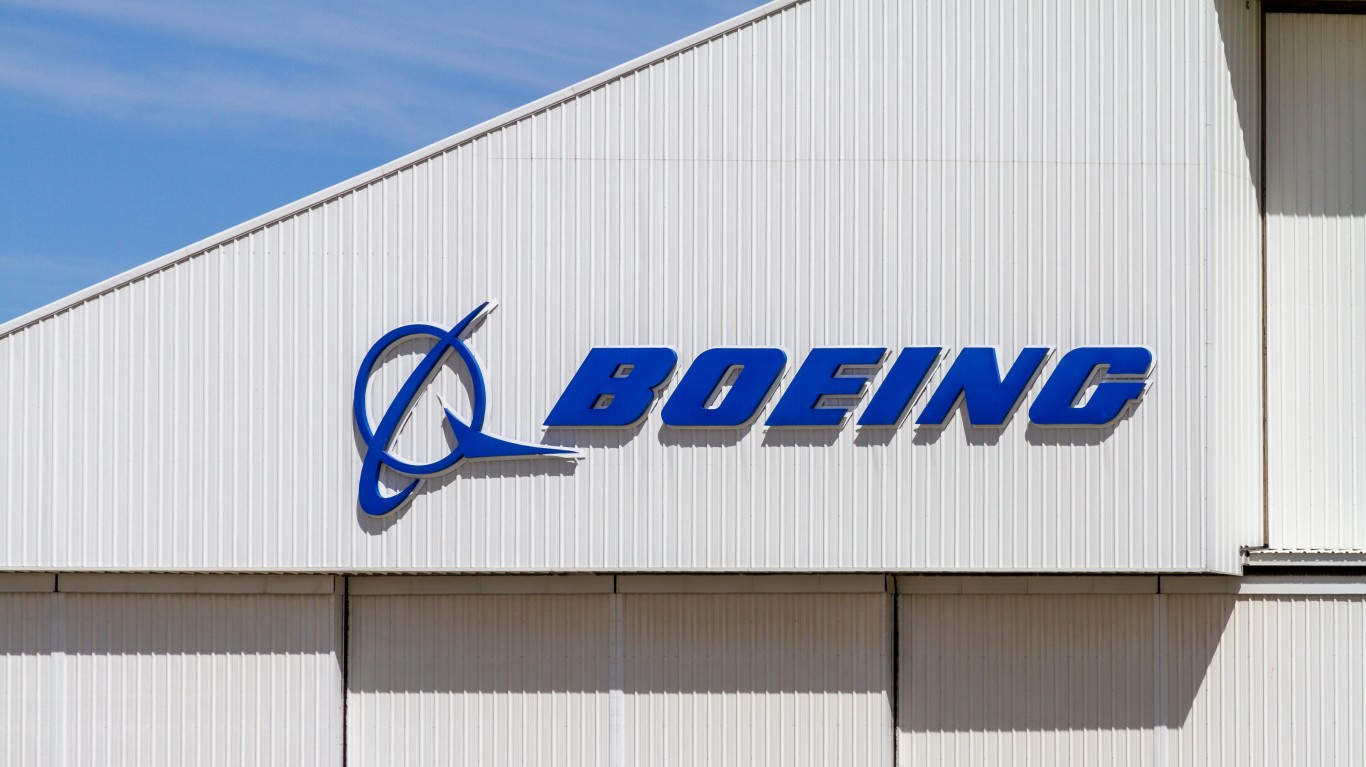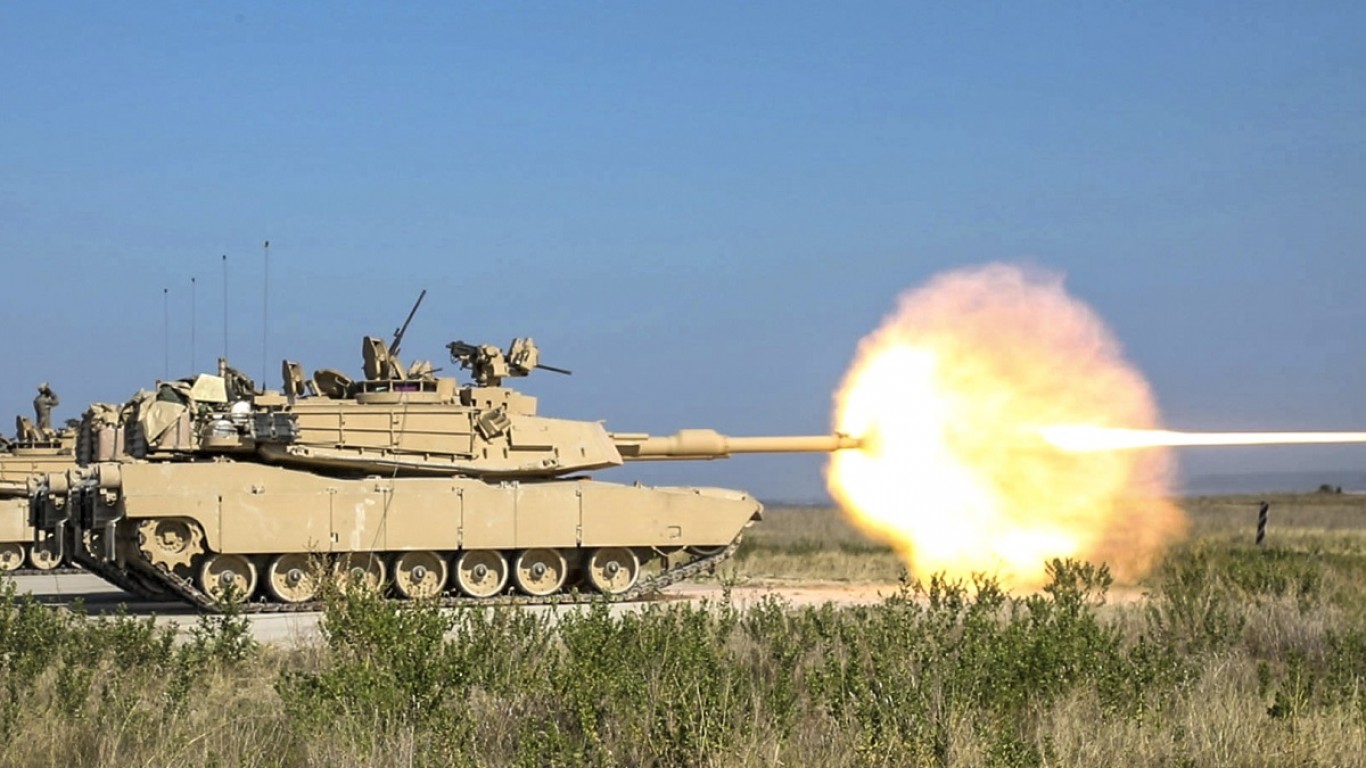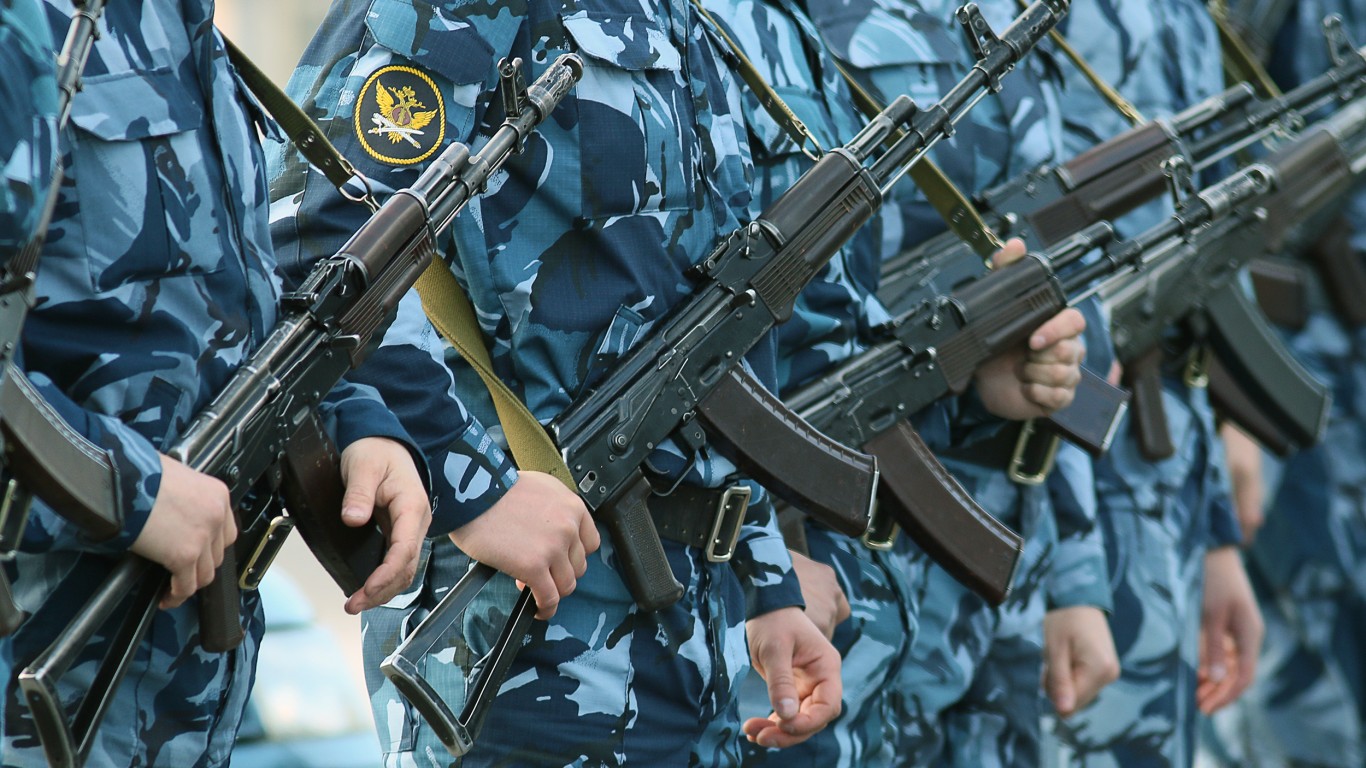
Boeing Co. (NYSE: BA) got a boost this weekend when the U.S. Federal Aviation Administration (FAA) confirmed a report that flight tests for the company’s grounded 737 Max jet may begin. According to a report from Reuters, the tests could begin this week.
While completion of the test flights is necessary for the 737 Max to get back into the air, it is not sufficient by itself. The testing is expected to last several days and reviews of the airplane’s performance are expected to last for several weeks longer.
Even after the plane is recertified to begin flying again, Boeing will have to address other changes to the 737 Max’s flight control systems that have been demanded by European and Canadian regulators. The FAA reportedly has told Boeing that those issues could be resolved after the plane returns to service, something that could happen by the end of this year.
That Boeing could overcome the technical challenges that caused two fatal crashes killing 346 people was never really in doubt. The only questions were how long it would take and what other fixes were civil aeronautic authorities going to demand.
What was not expected was the COVID-19 pandemic that has crushed the world’s airlines. Passenger traffic fell more than 90% and remains near that level for international flights. Two-week quarantine orders have cut international travel by nearly as much to countries where such orders are in force.
The International Air Transport Association (IATA) expects 2020 spending on air transport to fall by 50% year over year as the number of passengers falls by nearly 51%. Passenger flight revenues are forecast to drop by nearly 55%, and cargo flight revenues are expected to drop by nearly 17%.
Domestic travel had picked up in some countries, including the United States, but the recent spike in coronavirus infections could change that.
Boeing has more than 400 737 Max airplanes parked around the country awaiting delivery to its customers. Those airlines, with around 14,000 parked airplanes they already own, are less than willing to take delivery (and pay for) planes for which there is no passenger demand.
On top of that is an overall glut of airplanes. The planes airlines do want are single-aisle jets like the 737 Max and the Airbus A321neo, not Boeing’s twin-aisle 787 or its still-to-be introduced into service 777X. Airbus currently enjoys a five-to-one cushion in orders for its single-aisle planes, and it is not clear to anyone how Boeing will close that gap.
Getting the 737 Max back in the air is the first order of business for Boeing, and passing the coming flight tests is a crucial step.
Investors, of course, like any good news out of Boeing. Shares traded up about 6.7% in the early afternoon Monday, at $181.47 in a 52-week range of $89.00 to $391.00. The stock’s consensus 12-month price target is $174.05, thanks to the day’s $11.50 share price boost.
It’s Your Money, Your Future—Own It (sponsor)
Retirement can be daunting, but it doesn’t need to be.
Imagine having an expert in your corner to help you with your financial goals. Someone to help you determine if you’re ahead, behind, or right on track. With SmartAsset, that’s not just a dream—it’s reality. This free tool connects you with pre-screened financial advisors who work in your best interests. It’s quick, it’s easy, so take the leap today and start planning smarter!
Don’t waste another minute; get started right here and help your retirement dreams become a retirement reality.
Thank you for reading! Have some feedback for us?
Contact the 24/7 Wall St. editorial team.
 24/7 Wall St.
24/7 Wall St.



